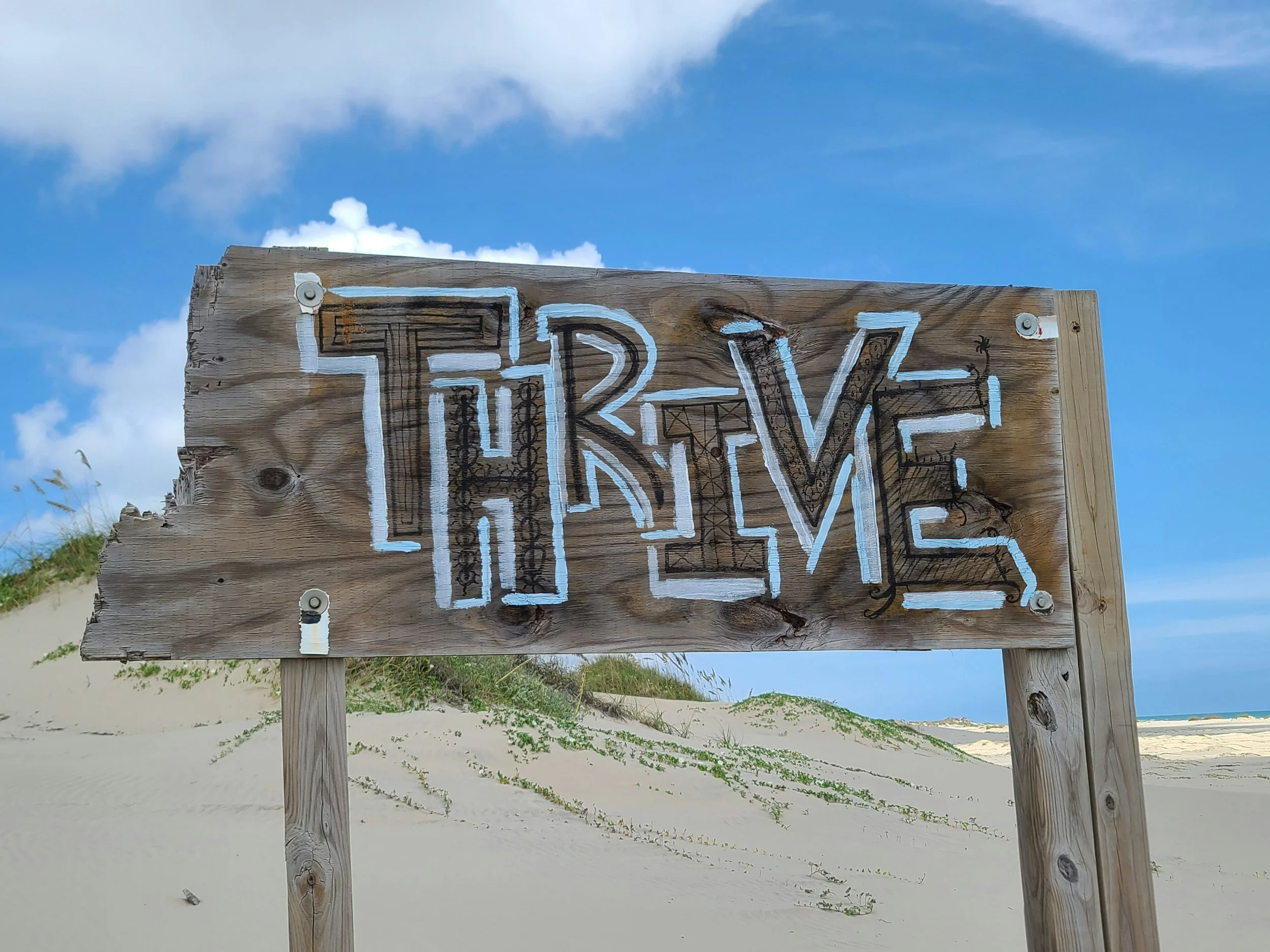Would You Do It All Over Again? Reflecting on Career Choices
Published 2 December 2024
(In Ep #0 of the Professionall Pathways Podcast | Cal’s Journey into Teacher Education)
“So even though I’ve faced a lot of challenges in my career, I would say that absolutely I would do this all over again. I don’t think things are destined to happen, but I think that looking at everything that has happened to you as a learning moment and to look at every moment as an opportunity for growth. As a teacher I get to be a writer. I get to be so many things that it’s never really the same thing twice. Absolutely, I would do this all over again. Without a doubt.”
As educators, we often reflect on our journeys—–celebrating triumphs, mourning setbacks, and grappling with the sheer complexity of our work. An intriguing question that many of us ponder is: If I knew all the challenges and successes beforehand, would I still choose this career?
The answer for many educators, despite the obstacles, is a resounding “yes.” Teaching is a profession unlike any other. It demands resilience, creativity, and adaptability. Yet, it offers unparalleled opportunities for growth and fulfillment.
Embracing the Challenges
The teaching profession is fraught with hurdles–—bureaucratic red tape, classroom management struggles, and the emotional toll of supporting students’ needs. These challenges often weigh heavily on educators, contributing to burnout and career dissatisfaction. According to a survey by the Learning Policy Institute, nearly half of all teachers consider leaving the profession within their first five years due to these stressors (Sutcher et al., 2016).
But challenges can also be catalysts for growth. Educators develop problem-solving skills, patience, and a deep sense of empathy. Each challenge presents a learning moment, a chance to refine strategies and improve outcomes for students. Viewing these obstacles as opportunities for professional and personal growth can be transformative.
Celebrating the Wins
On the flip side, teaching offers countless rewards. Watching a student grasp a difficult concept, witnessing their personal growth, or hearing a heartfelt “thank you” makes the effort worthwhile. Research highlights the importance of intrinsic motivation in sustaining educators’ passion. When teachers focus on the joy of fostering learning and building relationships, their job satisfaction soars (Ryan & Deci, 2000).
Moreover, teaching is a dynamic career that allows for reinvention. As educators, we are writers, mentors, coaches, and lifelong learners. Each day brings new opportunities to make a difference, ensuring that no two days are ever the same.
Five Practical Tips for Embracing the Journey
Reflect on Your Purpose: Regularly revisit why you chose this career. Journaling or creating a vision board can help keep your goals and motivations at the forefront.
Celebrate Small Wins: Focus on daily successes, no matter how small. Did you make a student smile or improve their understanding? Celebrate that!
Build a Support Network: Lean on colleagues, mentors, and professional communities. Sharing experiences can provide comfort and valuable insights.
Seek Professional Development: Embrace opportunities to grow and evolve. Attending workshops, earning certifications, or exploring new teaching methods can reignite your passion.
Practice Gratitude: Gratitude journaling can shift your perspective from challenges to blessings. Write down three positive moments from each day to foster positivity.
Would You Do It Again?
Reflecting on this question is not about denying the hardships but recognizing the richness of the teaching experience. Would you choose to embark on this journey again, knowing the struggles and the triumphs? Many would say yes—–not because the road is easy, but because it’s meaningful.
Discussion Question
Looking back on your career, what moments motivate you to say yes, to choose the education profession?
Related Posts
-
Ryan, R. M., & Deci, E. L. (2000). Self-determination theory and the facilitation of intrinsic motivation, social development, and well-being. American Psychologist, 55(1), 68–78. Retrieved from https://psycnet.apa.org/fulltext/2000-13324-007.html
Sutcher, L., Darling-Hammond, L., & Carver-Thomas, D. (2016). A coming crisis in teaching? Teacher supply, demand, and shortages in the U.S. Learning Policy Institute. Retrieved from https://learningpolicyinstitute.org/product/coming-crisis-teaching




